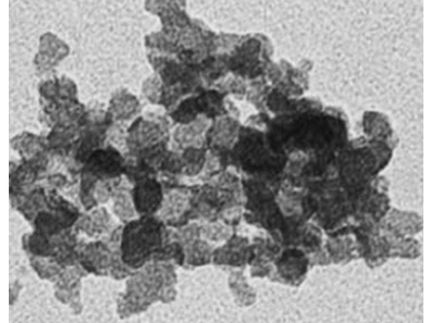CMDh endorses recommendations to restrict the use of diacerein-containing medicines
Restrictions intended to limit risks of severe diarrhoea and effects on the liver
On 19 March 2014, the Co-ordination Group for Mutual Recognition and Decentralised Procedures – Human (CMDh) endorsed recommendations to restrict the use of diacerein-containing medicines in order to manage the risks of severe diarrhoea and effects on the liver.
Due to the risks associated with severe diarrhoea, diacerein is no longer recommended in patients aged 65 years and above. It is also advised that patients start treatment on half the normal dose (i.e. 50 mg daily instead of 100 mg) and should stop taking diacerein if diarrhoea occurs.
In addition, diacerein-containing medicines must now not be used in any patient with liver disease or a history of liver disease, and doctors should be monitoring their patients for early signs of liver problems.
Doctors should also note that, based on available data, the use of diacerein is to be limited to treating symptoms of osteoarthritis affecting the hip or knee. Treatment should only be started by doctors experienced in treating osteoarthritis.
These recommendations are based on the review of the benefits and risks of diacerein conducted by the EMA’s Pharmacovigilance and Risk Assessment Committee (PRAC) and follow concerns raised by the French medicines agency (ANSM) about diacerein’s gastro-intestinal and liver effects. The CMDh has endorsed the PRAC’s final recommendations to address these concerns and ensure that diacerein’s benefits continue to outweigh its known risks.
As the CMDh position on diacerein was adopted by majority vote, it will now be sent to the European Commission for a final legally binding decision valid throughout the European Union (EU).
Most read news
Other news from the department politics & laws

Get the life science industry in your inbox
By submitting this form you agree that LUMITOS AG will send you the newsletter(s) selected above by email. Your data will not be passed on to third parties. Your data will be stored and processed in accordance with our data protection regulations. LUMITOS may contact you by email for the purpose of advertising or market and opinion surveys. You can revoke your consent at any time without giving reasons to LUMITOS AG, Ernst-Augustin-Str. 2, 12489 Berlin, Germany or by e-mail at revoke@lumitos.com with effect for the future. In addition, each email contains a link to unsubscribe from the corresponding newsletter.
















































